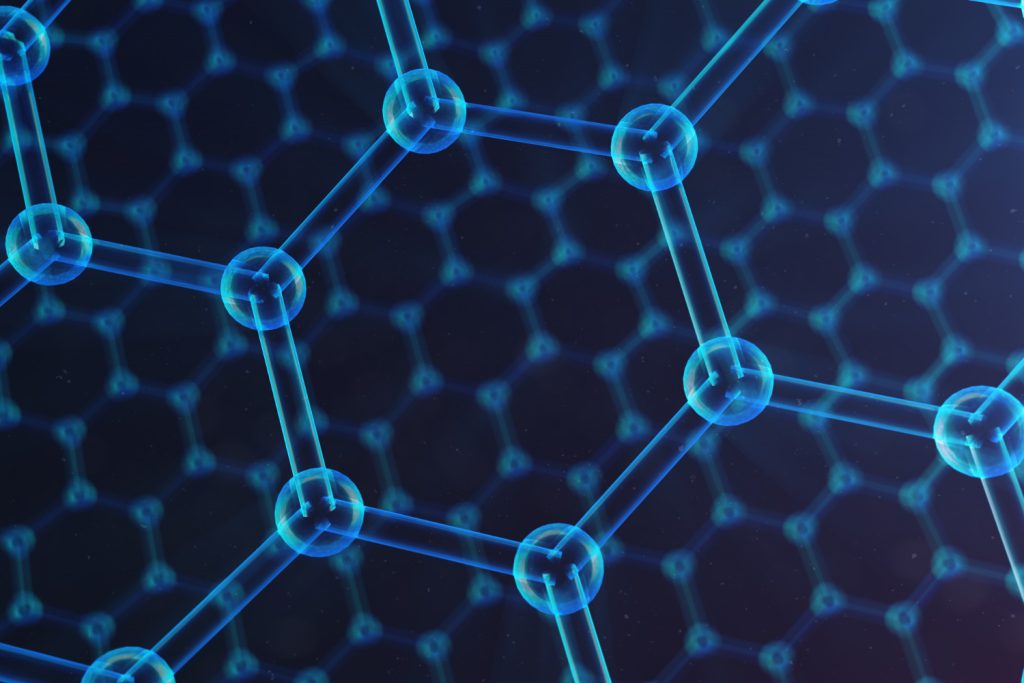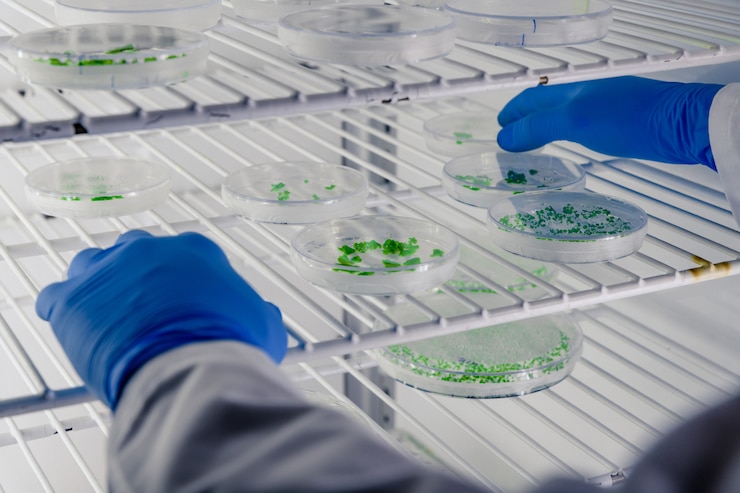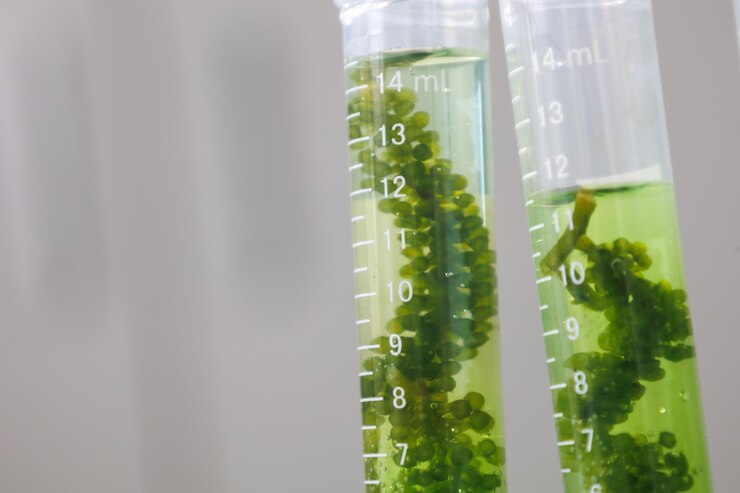Biochemical activities impacting hydrogen storage in salt caverns
Biochemical activities impacting hydrogen storage in salt caverns Hydrogen Storage In Salt Caverns – Microbes Hydrogen Storage in Salt Caverns – Microbes that inhabit the earth’s subsurface are vast in their diversity. Microorganisms may be found in vast quantities in as much as 104 and 108 per gram of rock. Hydrogen, nitrogen, carbon dioxide, and …
Biochemical activities impacting hydrogen storage in salt caverns Read More »








